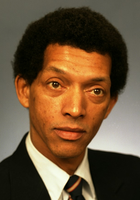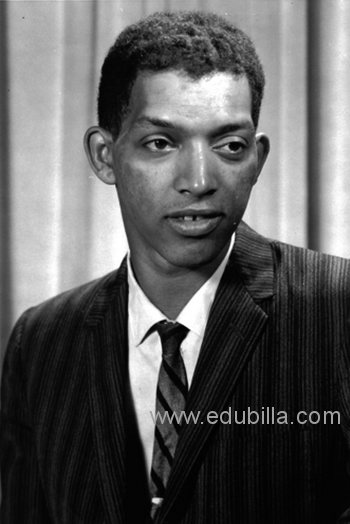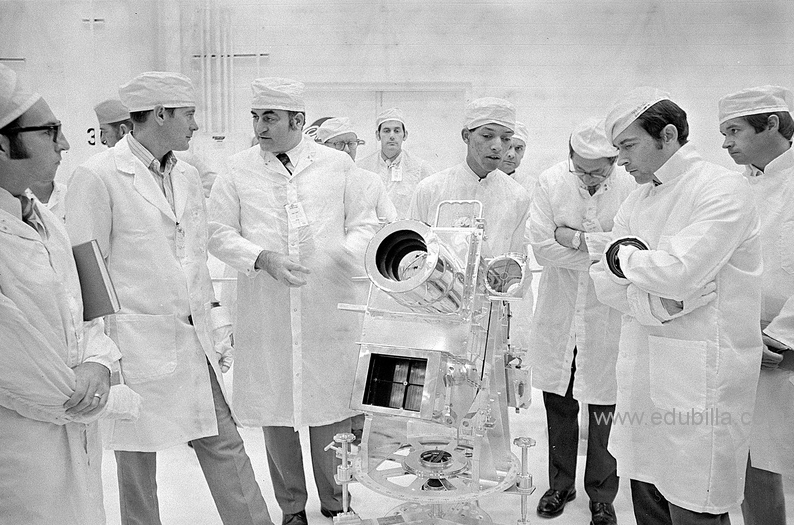










George Carruthers was Born on October 1, 1939, in Cincinnati, Ohio, scientist George Carruthers built his first telescope at the age of 10. He earned his Ph.D. in aeronautical and astronautical engineering at the University of Illinois in 1964 and began working at the U.S. Naval Research Laboratory. His telescope and image converter was used to identify molecular hydrogen in space and his ultraviolet camera/spectograph was used by Apollo 16 during the flight to the moon. Today, Carruthers teaches at Howard University.
Inventions
In 1964, he went to work for the U.S. Naval Research Laboratory as a National Science Foundation postdoctoral fellow. Two years later he became a full-time research physicist at the NRL's E. O. Hurlburt Center for Space Research.
On November 11, 1969, Carruthers was awarded a patent for his "Image Converter for Detecting Electromagnetic Radiation Especially in Short Wave Lengths." During a 1970 rocket flight, Carruthers's UV telescope, or spectograph, and image converter provided the first proof of the existence of molecular hydrogen in interstellar space. Carruther's invention was used on April 21, 1972, during the first lunar walk of the Apollo 16 mission. For the first time, scientists were able to examine the Earth's atmosphere for concentrations of pollutants, and see UV images of more than 550 stars, nebulae and galaxies. Carruthers was awarded NASA's Exceptional Scientific Achievement Medal for his work on the project.
In the 1980s, one of Carruthers' inventions captured an ultraviolet image of Halley's Comet. In 1991, he invented a camera that was used in the Space Shuttle Mission.
Later Life
Carruthers also extends his efforts to education. He helped create a program called the Science & Engineers Apprentice Program, which gave high school students the opportunity to work at the Naval Research Laboratory. In 1996 and 1997, he taught a course in Earth and Space Science for D.C. Public Schools Science teachers. Then, in 2002, Carruthers began teaching a course on Earth and Space Science at Howard University.
In 2003, Carruthers was inducted into the National Inventor's Hall of Fame for his work in science and engineering.
Arthur S. Flemming Award (Washington Jaycees), 1970
Exceptional Achievement Scientific Award Medal NASA 1972
Warner Prize of the American Astronomical Society
National Science Foundation Fellow
Honorary Doctor of Engineering, Michigan Technological University
National Medal of Technology and Innovation, 2012

